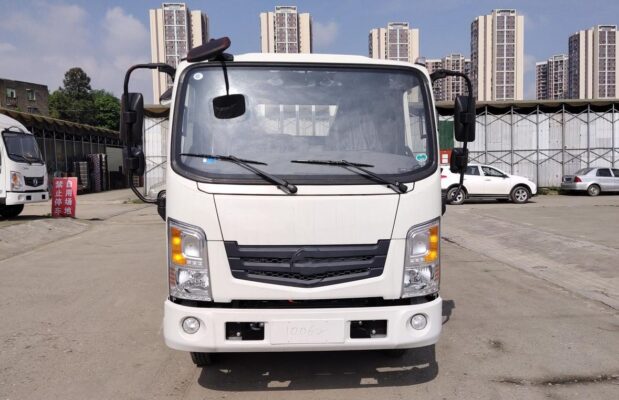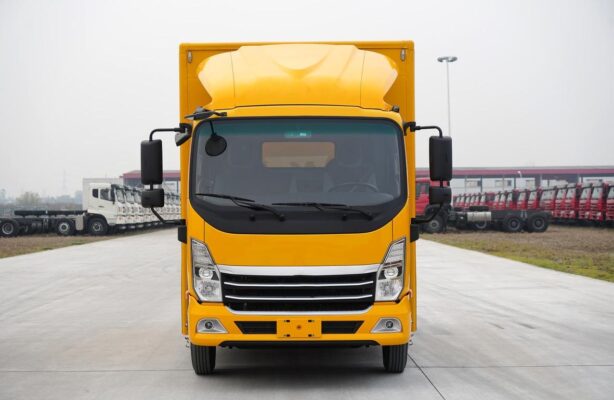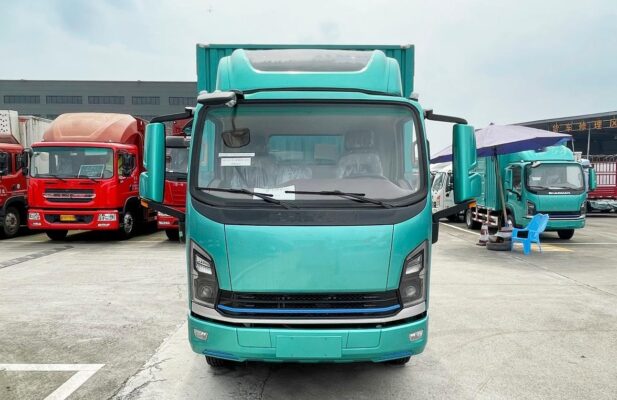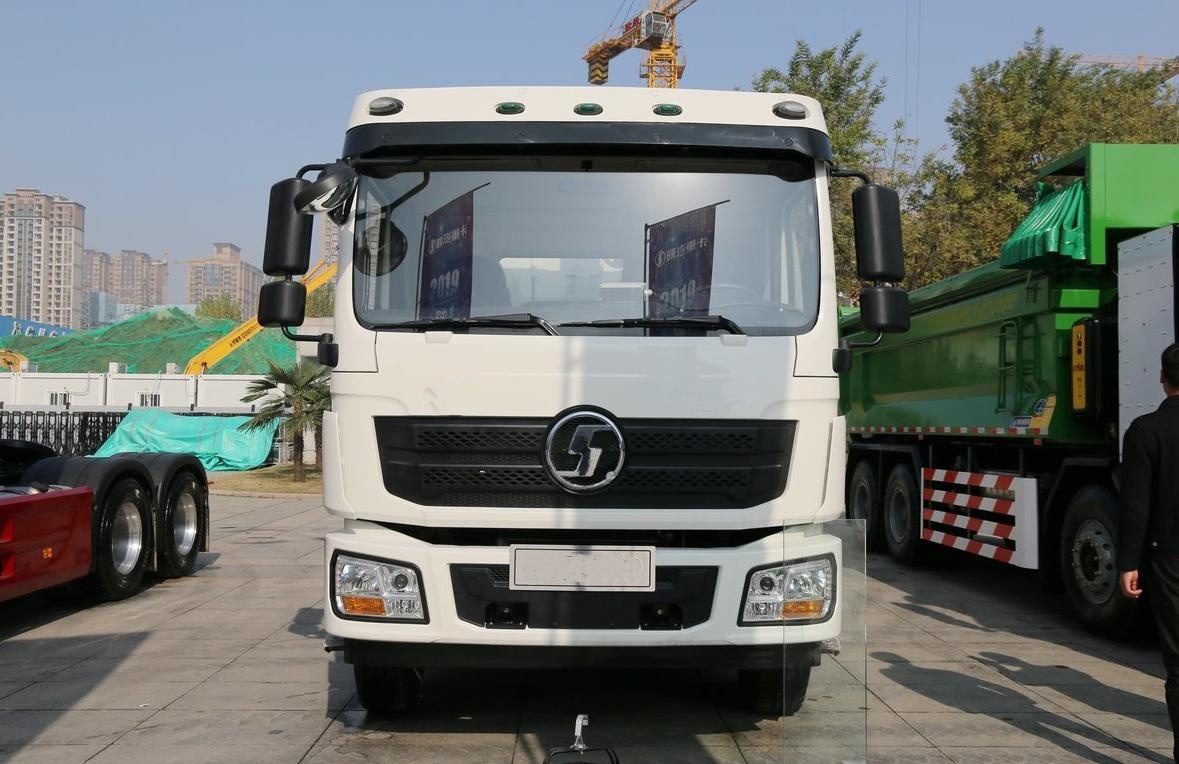Xov Xwm Tsheb Loj
Systems of Pure Electric Vehicles
Ntshiab hluav taws xob tshebs (EVs) represent a significant advancement in automotive technology, relying solely on electric power for propulsion. To understand how these vehicles operate, it’s essential to explore their core systems, which can be categorized into five main components: the power system, battery system, charging system, control system, and auxiliary system. Each of these components plays a critical role in the overall functionality and performance of the vehicle.

1. The Role of the Power System
The power system is the heart of a pure hluav taws xob tsheb, responsible for converting electrical energy into mechanical energy to propel the vehicle. This system comprises several key components:
- Fais Tsav: The electric motor is the primary component that drives the wheels of the vehicle. Unlike internal combustion engines, electric motors can deliver power instantly, providing smooth and responsive acceleration. Depending on the design, motors can be mounted on the front, rear, or all four wheels, enhancing the vehicle’s handling and performance.
- Transmission: While many traditional vehicles require complex multi-speed transmissions to optimize power delivery, hluav taws xob tshebs often use a simpler single-speed transmission. This simplicity is due to the electric motor’s ability to provide a broad range of torque at various speeds, allowing for efficient acceleration without the need for multiple gears.
- Drive Axle: The drive axle transmits power from the electric motor to the wheels. In pure hluav taws xob tshebs, the design of the drive axle can vary depending on whether the vehicle is front-wheel drive, rear-wheel drive, or all-wheel drive. This configuration significantly impacts the vehicle’s performance, tuav, and efficiency.
The power system’s efficiency directly influences the vehicle’s range and overall performance, making it a critical aspect of hluav taws xob tsheb design.

2. The Function of the Battery System
The battery system serves as the energy reservoir for pure hluav taws xob tshebs, playing a vital role in their operation. It consists of two main components:
- Battery Pack: The battery pack is composed of multiple individual cells, which store electrical energy. Most hluav taws xob tshebs use lithium-ion batteries due to their high energy density, long cycle life, and lightweight properties. The size of the battery pack can significantly affect the vehicle’s range, performance, and charging time.
- Battery Management System (BMS): The BMS monitors and controls the battery pack’s performance, ensuring safety and efficiency. It regulates the charging and discharging processes, balances the charge across individual cells, and provides data on the battery’s health and status. By optimizing the energy output based on demand and environmental conditions, the BMS enhances the vehicle’s performance and longevity.
The effectiveness of the battery system is crucial for the vehicle’s operational range, charging speed, and overall user experience.

3. The Role of the Charging System
The charging system is essential for replenishing the electrical energy stored in the battery pack. This system converts energy from external sources into a form suitable for battery storage and manages the entire charging process. Key components of the charging system include:
- Charging Interface: The charging interface is the connection point between the hluav taws xob tsheb and the charging station. It ensures compatibility and safety during the charging process, facilitating communication between the vehicle and the charger.
- Charging Station: Charging stations come in various types, including Level 1 (standard household outlets), Level 2 (dedicated home and public charging stations), and DC fast chargers (which provide rapid charging). The choice of charging station affects how quickly the vehicle can be charged, influencing convenience for the user.
- Charging Management System: This system oversees the entire charging process, ensuring that the battery is charged efficiently and safely. It monitors the battery’s state of charge, adjusts the charging rate, and prevents overcharging or overheating. Some advanced systems also support smart charging, allowing users to schedule charging times based on electricity rates or grid demand.
The efficiency and convenience of the charging system significantly impact the practicality and appeal of pure hluav taws xob tshebs.

4. The Function of the Control System
The control system acts as the brain of the hluav taws xob tsheb, coordinating the operation of various subsystems to ensure optimal performance. It comprises several key elements:
- Onboard Computer: This central processing unit manages data from the vehicle’s various systems and makes real-time decisions to enhance performance and safety. It can adjust power distribution, monitor battery health, and optimize energy consumption based on driving conditions.
- Sensors: A range of sensors are employed throughout the vehicle to gather data on various parameters, such as speed, acceleration, temperature, and battery status. These sensors provide critical information that the onboard computer uses to make informed decisions.
- Control Algorithms: These software programs analyze data from the sensors and execute commands to coordinate the operation of the vehicle’s systems. They are crucial for functions like regenerative braking, which recovers energy during deceleration, and optimizing motor performance based on driving conditions.
The control system enhances the driving experience by ensuring that the vehicle operates smoothly and efficiently.

5. The Role of the Auxiliary System
The auxiliary system comprises various supporting devices that enhance the functionality and convenience of pure hluav taws xob tshebs. This system includes:
- Air Conditioning System: Electric vehicles often utilize heat pumps or electric compressors for climate control, which can be more energy-efficient compared to traditional systems. This efficiency is critical for maintaining range, especially in extreme weather conditions.
- Sound System: Advanced infotainment systems in hluav taws xob tshebs provide entertainment, navigation, and connectivity features. These systems can integrate with smartphones and provide real-time information about charging stations and traffic conditions.
- Navigation System: Navigation systems in hluav taws xob tshebs often include features tailored to EV drivers, such as route planning that considers charging station locations and availability. This functionality enhances convenience and reduces range anxiety.
- Safety System: Electric vehicles are equipped with various safety features, including advanced driver-assistance systems (ADAS) that use sensors and cameras to monitor the vehicle’s surroundings. These systems improve safety by providing functions such as lane-keeping assistance, adaptive cruise control, and automatic emergency braking.
Together, these auxiliary systems enhance the overall user experience, making hluav taws xob tshebs more appealing to consumers.

Conclusion
The systems of pure hluav taws xob tshebs work in harmony to deliver a comprehensive and efficient driving experience. The power system converts electrical energy into mechanical motion, while the battery system stores and manages this energy. The charging system facilitates energy replenishment, and the control system optimizes performance and safety. Finally, the auxiliary system provides additional comfort and convenience features. As technology continues to advance, these systems will evolve, further enhancing the performance, ua tau zoo, and appeal of pure hluav taws xob tshebs in the automotive market.
